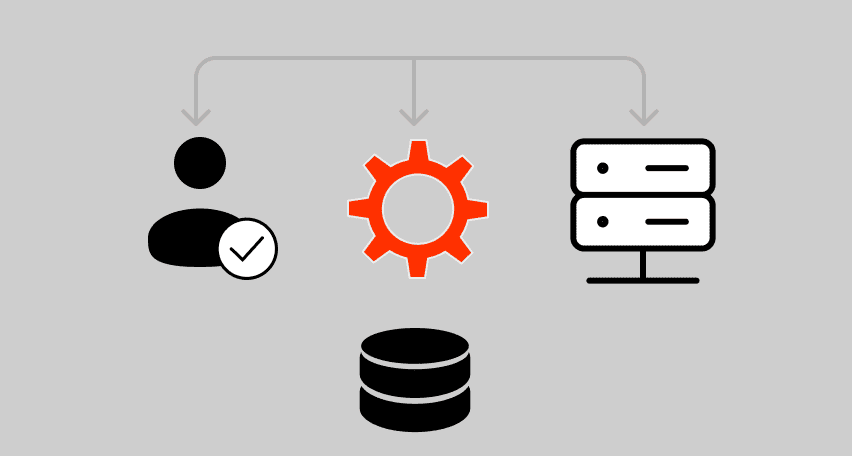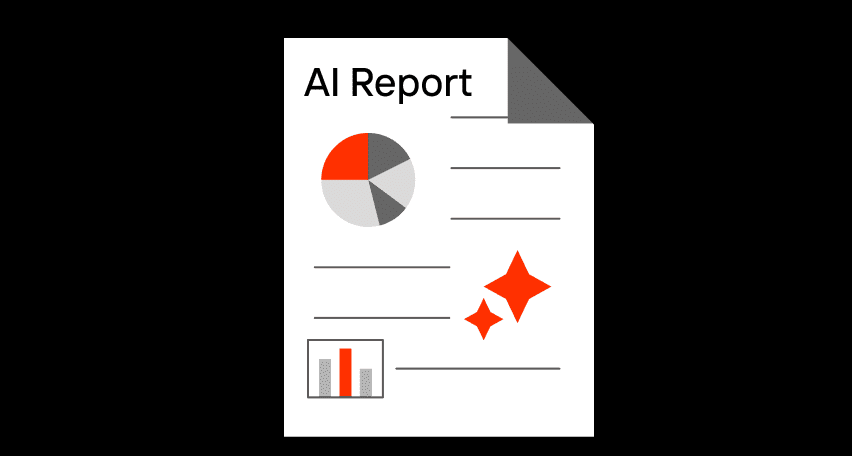With mobile app performance testing, you can get a close-to-reality picture of how your mobile application will work in a real-life environment, how particular elements of the code will react to a significant number of tasks, and with what speed its algorithms will work. However, the same code can be executed on various devices with different results. Understanding these variations is crucial when you want to improve mobile app performance across different device configurations.
That is why experienced developers always seek to optimize performance of their products on different types of gadgets. It is energy-consuming and quite expensive: even in Apple’s relatively short product line, there are dozens of devices, forget all smartphones and tablets on Android.
Emulators can help, though. They are software that simulates real gadgets. An emulator can show how an app will run on different types of smartphones and under different OS releases. Of course, emulators are not only used for testing — many of them were created for gamers to be able to run mobile games on a desktop. We have selected the emulators that are best suited for load testing.
Emulators or Simulators?
Prior to making a list, we should start with definitions. The thing is, many people confuse emulators with simulators. Both simulate the mobile device, but the simulator only reproduces the software environment in which your app will function, while the emulator tries to accurately recreate both system hardware and software.
With a simulator, you can watch an approximation of how your application will interact with other software — e.g., share data or use third-party accounts. With an emulator, you will see your application interacting with hardware and OS core, using memory and CPU resources. We have already posted a detailed article on the differences between an emulator and a simulator. Obviously, only emulators are suitable for load testing, because our goal is to understand how the application will work on specific devices.
Best Emulators for Load Testing
Since iOS and Android devices are from two completely different universes, there is the difference between ios and android testing, and not many emulators on the market that imitate both. Also, iPhone emulators are in general less common, as the OS is more reserved. Our review includes four emulators of Android, one system that allows you to test both types of gadgets, and two platforms that imitate Apple products. It’s not a competition, but a list of recommendations. Emulators are arranged by OS and in alphabetic order.
Android
Android Studio
Android Studio is a development environment designed to create applications. Among many other features, it includes a device emulator that can be used for load testing. Android Studio was developed by the creators of Android OS and is available for free. The function that you will need is called Android Virtual Device: with its multiple settings, you can create virtual gadgets of almost any configuration.
Genymotion
Genymotion is a popular system capable of emulating Android-based devices with a wide range of additional options: camera, spin sensor, GPS, battery, etc. The emulator is testing-oriented and compatible with many profile frameworks, such as Appium and Espresso. Genymotion is rather quick because it does not use nested virtualization (i.e., one virtual machine running inside another). The system has good scalability and allows running of several devices for segmented or parallel testing.
LambdaTest
LambdaTest is a cloud platform that lets you test your app online by uploading its APK to the cloud. You can also test software hosted on developers’ local resources after giving the service an opportunity to connect to them. Users can select a target gadget from several thousands of virtual devices grouped by manufacturers. LambdaTest can take into account a device location by emulating regional features of gadgets in more than 25 countries.
NoxPlayer
NoxPlayer is a free Android-based device emulator known primarily among gamers. However, it can be used to perform load testing because it allows you to run the target application and transfer data to it. The system has configurable settings of a virtual device (CPU, RAM, Wi-Fi), but, unfortunately, the list of pre-installed smartphones is not as large as with other developers-oriented emulators.
iOS
Xcode
An integrated development environment released by Apple provides a complete set of tools for creating iOS applications. The emulator responsible for running and testing software simulates the operation of real gadgets very accurately, as it is supplied by the manufacturer. The system supports some user interactions, such as scrolling or rotating the screen. Xcode is absolutely free: to use it, you only need your Apple ID.
Universal Emulators
Corellium
Corellium is an online service that can emulate both Android-based and Apple devices. Its price starts at $99 and depends on the number of virtual cores and available functions. You can choose from a large list of pre-installed devices using the combination of physical characteristics of your hardware and system software. Unlike emulators supplied by OS developers, Corellium can emulate non-standard modes of device use – for example, connecting to an unlocked iPhone via USB or VPN.
Smartface
Smartface is a development environment that allows you to create applications for iOS and Android on your desktop for Windows, macOS, and Linux. Since one of the elements of such a system is an app, it can be used as an emulator for load testing. Smartface has a very simple, interactive interface. Unlike many other emulators and simulators, the system does not use Xcode or Android Studio engine.
To Sum Up
Each developer expects performance testing to answer their own questions, and each developer chooses the most suitable tools for this purpose by themself. We hope this post can be a reference point that will help you find out more about the system you like. You should also pay attention to reviews on specialized resources and forums. For a flawless app go-live experience, consider our live app testing services to ensure your app’s launch or product release is perfect.If you have any questions or tasks, we are here for you — with professional assistance in performance testing service and all the necessary tools for it.
Related insights in blog articles
API Endpoint: A Complete Guide

Modern applications rely heavily on APIs (Application Programming Interfaces) to communicate and exchange data across different systems. At the heart of this interaction lies the API endpoint — a fundamental concept that defines where and how data exchanges happen. This guide explains clearly what an API endpoint is, outlines its importance, and provides practical insights […]
gRPC vs. REST: Detailed Comparison

Choosing between gRPC and REST can feel confusing, especially if you’re trying to figure out the best way for your applications to communicate. This article breaks down the grpc vs rest comparison clearly, without jargon or confusion. You’ll learn exactly what each protocol is, the advantages and disadvantages of each, and understand why gRPC is […]
Top 10 Data Masking K2view Alternatives

If you’re exploring alternatives to K2view for data masking, this guide breaks down the top tools worth considering. We’ve compiled the leading solutions that serve a variety of industries — from finance and healthcare to DevOps-heavy SaaS. You’ll find a detailed comparison table of K2View competitors, full tool breakdowns, and a closer look at PFLB […]
How to Generate AI-Powered Load Test Reports with PFLB

Say goodbye to tedious manual reporting after load testing! With PFLB’s innovative AI-powered report generation, performance engineers can quickly turn detailed test data into comprehensive reports. This guide walks you step-by-step through setting up your test, running it, and effortlessly generating exhaustive performance analysis — so you spend less time reporting and more time optimizing. […]
Be the first one to know
We’ll send you a monthly e-mail with all the useful insights that we will have found and analyzed
People love to read
Explore the most popular articles we’ve written so far
- Top 10 Online Load Testing Tools for 2025 May 19, 2025
- Cloud-based Testing: Key Benefits, Features & Types Dec 5, 2024
- Benefits of Performance Testing for Businesses Sep 4, 2024
- Android vs iOS App Performance Testing: What’s the Difference? Dec 9, 2022
- How to Save Money on Performance Testing? Dec 5, 2022
